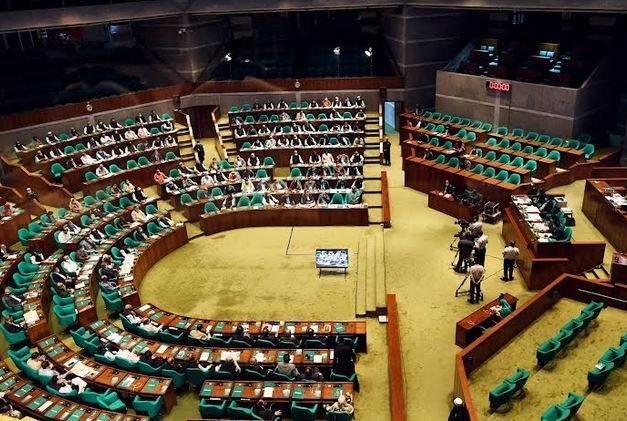
SANGSAD BHABAN, Feb 14, 2024 (BSS) - Social Welfare Minister Dr Dipu Moni
today said around 17,710 beggars so far have been rehabilitated in sixty-four
districts across the country while the country has an estimated 7 lakh
beggars.
"Some 17,710 beggars have been rehabilitated locally through pursuing
Beggar's rehabilitation and alternative employment programme," said the
minister while responding to a query raised by treasury bench lawmaker
Morshed Alam during question-answer session which was tabled at the Jatiya
Sangsad here with Speaker Dr Shirin Sharmin Chaudhury in the chair.
To rehabilitate the beggars, she said the government has undertaken the
alternative employment programme in 2010-11.
In Dhaka city, Dr Dipu Moni said mobile court has been operated to bring the
beggars under rehabilitation at different places in the city. "A total of
sixteen temporary tin-shed dormitories have been constructed at the open
spaces in five government shelter centers for rehabilitating the beggars
detained from the capital", the minister told the parliament.
To rehabilitate the beggars, initiatives have been taken for providing
necessary training and required ingredients for different employment like
small business, grocery, tea stall, pan shop, raw goods trading, selling of
peanuts, spices selling, wood selling, sewing, cake preparation, egg selling,
poultry, livestock rearing and pulling rickshaws/van.
In 2022-23, Bangladesh National Social Welfare Parishad has provided Taka 1
crore as grant for eliminating begging and rehabilitation purpose.
Begging is a common scenario in Bangladeshi society like other developing
countries of the world. Of the estimated 700,000 beggars in Bangladesh, Dhaka
alone has 40,000. Most of the beggars are victims of the poverty cycle. Apart
from this, a significant number of beggar populations are forced to beg and
most of them are children.
Beggary has negative impacts on the society. It is a social problem that is
associated with poverty, unemployment, and family disintegration. Beggary can
lead to an increase in crimes such as theft, robbery, fraud, and cheating. It
also contributes to social imbalance and economic inequality.
In Dhaka City, most child beggars live in the slums; and they become beggars
due to extreme poverty, parental force, the influence of friends, or being
victims of trafficking.